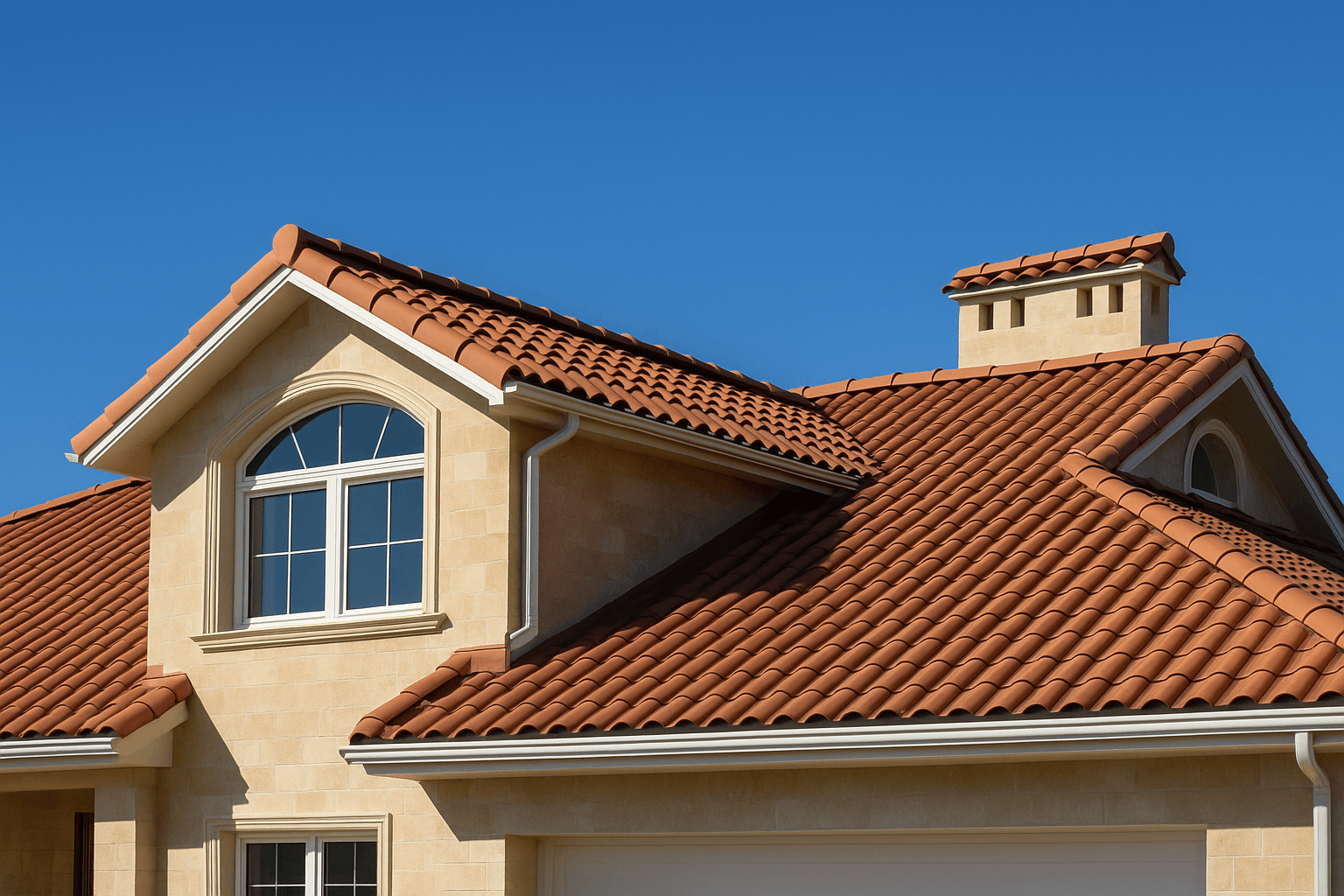
Your roof is one of the most critical components of your home?it provides protection, insulation, and curb appeal. That?s why choosing a reliable roofing solution is a major investment. The national average cost to replace a roof is about $9,515, but that figure varies based on material type, roof slope, total area, and location.
Depending on those variables, the final cost can range significantly?from as low as $5,867 to as much as $47,000. Let?s break down what influences the cost of a roof replacement.
Roof Replacement Costs by Square Footage
Roof installation typically ranges between $4 and $11 per square foot. Larger homes require more materials and labor, which increases the overall cost. Also, the steeper the roof, the more surface area you?ll need to cover?even if your home?s base size stays the same. Most homes have roofs between 1,300 and 1,800 square feet.
Here?s a general guide based on size:
Roof Replacement Costs by Material
When selecting roofing materials, it?s important to weigh the pros and cons of each option?some offer better durability, aesthetics, or longevity. While asphalt shingles are the most common in the U.S., alternatives like metal or wood shakes can offer a longer lifespan and unique look.
Premium options such as slate, copper, or cedar add luxury appeal and often last the longest.
Labor and Professional Costs
For a quality roof replacement, hiring a qualified roofer is essential. Usually, at least two professionals work on the project, charging between $40 and $90 per hour each. Some contractors offer flat-rate pricing similar to general contractors.
General contractors may charge a total project fee, often ranging from 15% to 25% of the entire job. Hourly fees can go from $90 to $400 or more depending on the contractor's experience and your location.
How Location Affects Roofing Costs
Where you live impacts your roofing costs due to local labor rates, material prices, and even building codes. Urban areas or regions with high living expenses usually have higher installation costs.
Also, homes in areas with extreme weather may require more resilient (and expensive) materials. Don?t forget to check for permit fees and HOA guidelines, which can also add to your expenses.
Other Factors That Influence Roofing Cost
Roof Slope: Steeper roofs require more safety precautions and materials, which can add $1,000 to $3,000 in extra labor.
Tear-Off and Disposal: Removing your old roof before installing a new one incurs additional charges for labor and cleanup, including dumpster rental.
Permits: Permit fees vary widely from $100 to $1,400, depending on local regulations. Structural changes or HOAs may require pre-approval.
Inspections: Post-installation inspections, typically costing around $240, ensure the work meets standards.
Warranty Coverage: A roofer?s warranty can range from $500 to $2,000. Manufacturer warranties might go up to $5,000. Some include annual inspections and minor repairs.
Insurance: If your homeowners insurance covers roof damage (e.g., from a storm), this can dramatically reduce your out-of-pocket costs. However, standard wear and tear typically isn?t covered.
Should You Replace Your Roof Yourself?
DIY roof replacement might save you on labor?but it comes with serious risks. Without proper experience, the chance of accidents or costly mistakes is high. Also, your warranty or insurance may be voided if the job isn?t handled by a licensed professional.
For most homeowners, it?s best to hire a reputable local roofing company.
Roof Repair vs. Full Replacement
If the damage is limited, a partial roof repair may be enough. Keep in mind that small repairs often cost more per square foot, and you?ll still need permits and possibly tear-off services. A good rule: if repairs exceed 50% of a full roof replacement, it?s usually smarter to replace the whole roof.
Ways to Save on a Roof Replacement
- Review your home insurance for coverage options.
- Request multiple estimates from qualified contractors.
- See if your existing warranty is still valid.
- Reuse roofing components when possible.
- Check eligibility for federal or local grants (USDA, HUD).
- Schedule work during off-peak seasons.
- Choose energy-efficient or budget-friendly materials.
Will a New Roof Boost Your Home?s Value?
Replacing your roof can increase your property?s value, though the exact return on investment (ROI) depends heavily on your local real estate market. On average, homeowners recover 20% to 50% of the replacement cost. Even if it doesn?t boost the sale price, it can help prevent a drop in value from a deteriorated roof.
FAQs
How long does a new roof last?
It depends on the material, climate, and maintenance. Asphalt and wood typically last 20?30 years, while slate and metal can last up to 75 years or more with proper care.
Do I need to replace my gutters too?
Not necessarily, but it?s often recommended. Replacing aging gutters during a roof replacement can be more cost-effective than reinstalling old ones.
What?s the best roofing material to raise home value?
Luxury materials like slate and copper add prestige and resale appeal. However, depending on your market, even mid-range materials like metal or upgraded asphalt can yield solid returns.
